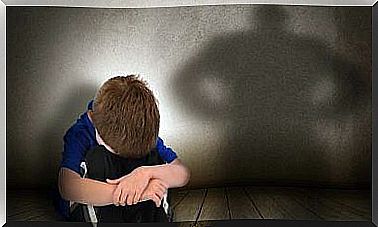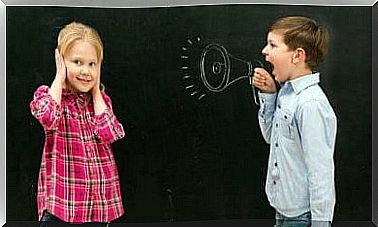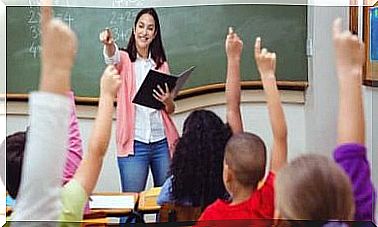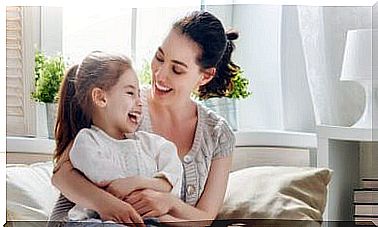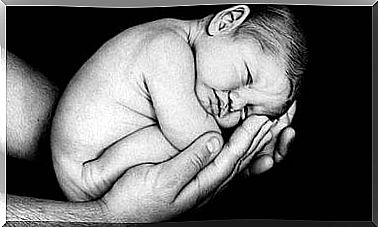Philosophy For Children
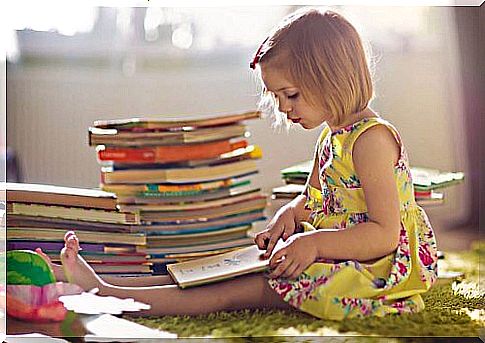
Despite being one of the most hated subjects during the school life of most teenagers, philosophy also awakens unimaginable passions in many people.
Those who like to analyze the essential questions of human existence could spend hours talking about it. But can we generate a similar feeling through philosophy for children? In this article, we’ll delve into this aspect.
Philosophy is a doctrine responsible for seeking explanation for basic and elemental questions that man asks about his own existence. This area of knowledge is based on reasoning to determine general principles about the reality and purpose of man’s life on Earth.
Because it is a very abstract field that requires deep analysis and reflection to find, at times, an answer that does not solve any problem, it is usually hated by many adolescents.
However, there is a way to apply it that can arouse interest in the little ones. The philosophy for children opens the door to a world that children never imagined.
Philosophy for children: what does it consist of?
Since children have not yet (at least not fully) developed their abstract thinking, we cannot expect deep or reflective reasoning from them. But, on the other hand, we can see that many things arouse curiosity in children. And that also has to do with philosophy.
In what sense are they similar? In the sense that philosophers seek the explanation of every event in life. Likewise, children want to know what happens, why, and what will happen next. As we see, the essence of the way of thinking is almost the same.
These are some topics that arouse interest in children:
- How did life come about?
- What is death and where do people who die go?
- Who is God?
- How do you know if an action is bad or good?
- What are the important values in life?
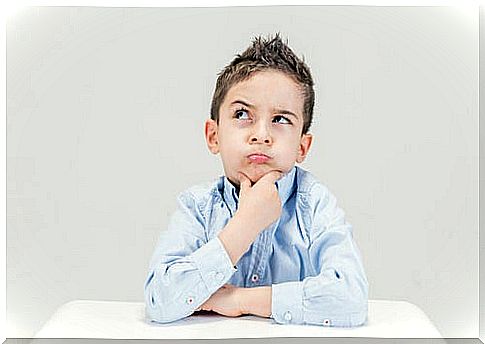
Philosophy Benefits for Children
A philosophy for children can bring great benefits. First, in the cognitive sphere, as children will develop critical thinking that will lead them to better understand everything that happens around them.
But also emotionally, as this will increase your confidence and your satisfaction to know your surroundings.
So these benefits are:
- Emergence of critical and analytical thinking.
- Interpretation of people’s actions and processes.
- Comparison of good and bad acts to choose the best ones.
- Reflection on own actions to improve them or not repeat them.
- Understanding the feelings of others.
- Generating empathy and the ability to put yourself in someone else’s shoes.
- Encouragement of creativity and lateral intelligence, that is, thinking “out of the box”.
How to put the philosophy for children into practice?
The areas in which this knowledge can be transmitted to children are at home and at school. There is a lot of material written by professionals to help introduce children to this field.
The objective is to sow in them essential ideas such as those mentioned above through stories and tales in which the protagonists are also children. After reading and analyzing the stories, the child is sure to have the same concerns as their characters.
In addition, these books are often accompanied by manuals for teachers and parents. Thus, in front of each story, they will know what learning they should highlight. This will depend on the content: how the siblings are born, where the grandparents go when they die, who God is, why it is important to be a good person and how to manage to do this.
The best aspect of this educational model is that it breaks with the most frequent paradigm of the unquestionable transmission of knowledge. On the contrary, it encourages children to doubt everything they see.
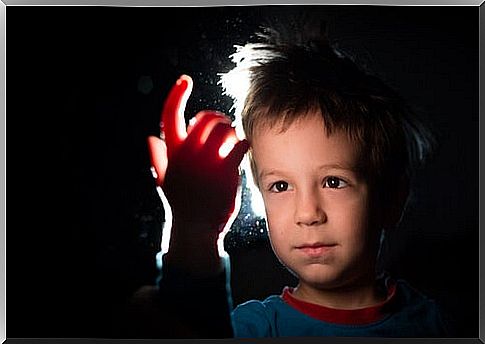
Origin of philosophy for children
Philosophy for Children was a program created by North American psychologist Matthew Lipman in the 1960s. To train teachers who wish to apply this method, Lipman founded the IAPC, Institute for the Development of Philosophy for Children.
Lipman and his collaborators had the central objective of transforming education into a globalizing experience, not limited to the school environment. Its purpose should not only be to communicate ready-made realities, but also to help children question themselves and seek their own answers.
As we have noted, philosophy for children can produce a way of thinking that is totally different from that provided by today’s education. That is why it is an innovative method that is little by little being considered by more educational institutions. Personalized teaching and dialogue are central factors for this type of learning to take place.
